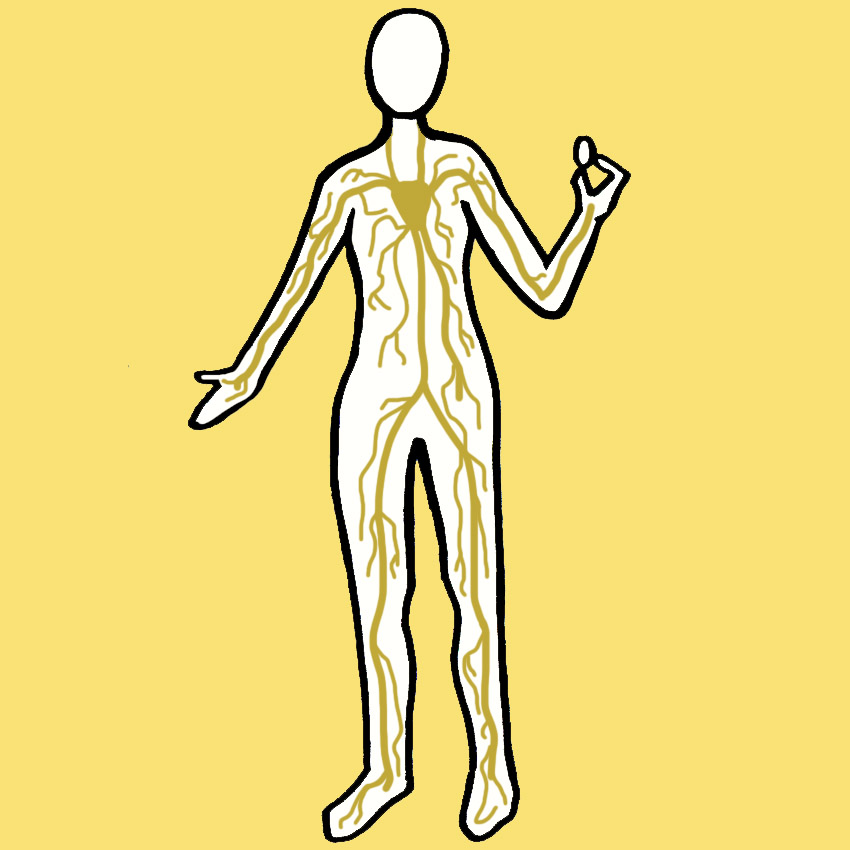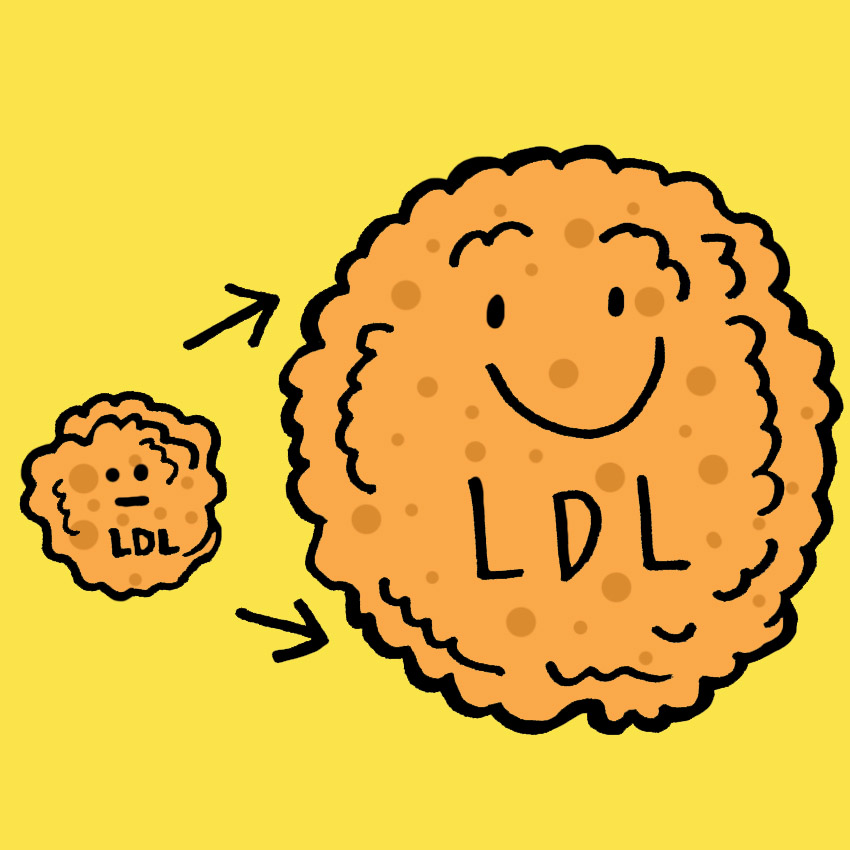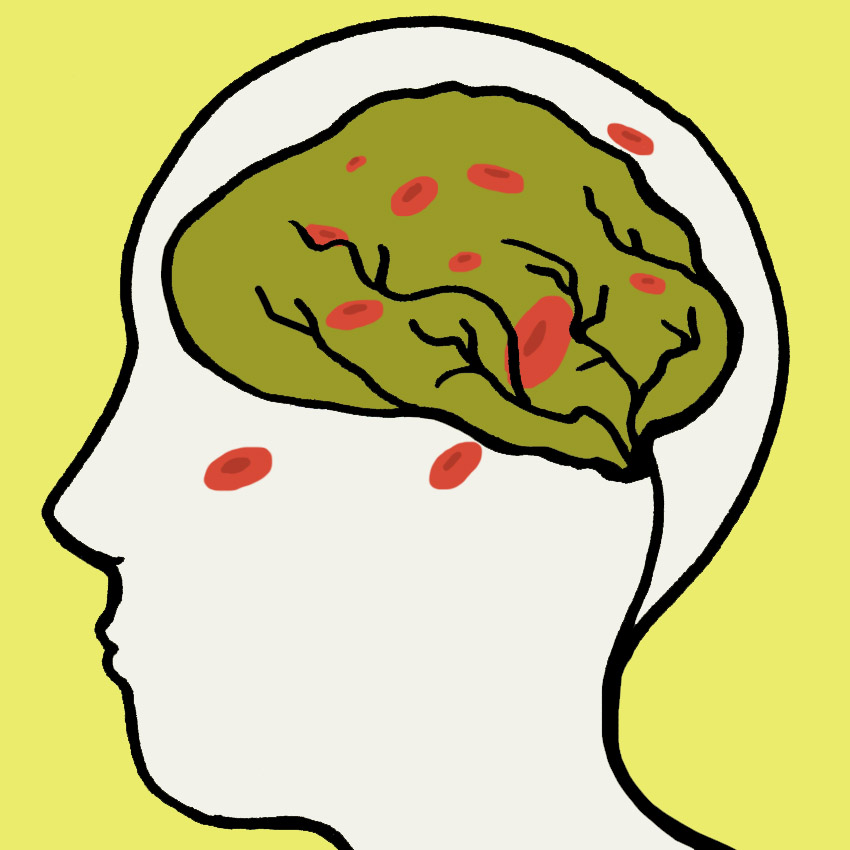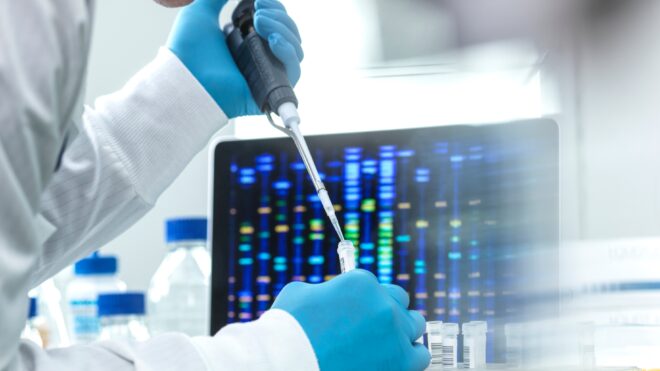Almost everyone loves eggs. They can be cooked so many different ways and eaten for breakfast, lunch, or dinner — and, of course, for brunch.
Eggs can be fried, baked, scrambled, combined with countless ingredients, or even used to put the "egg" in egg rolls, quite literally. In other words, if you have a craving, there's probably an egg dish out there for you.
But eggs aren't just a popular dietary staple for their versatility and taste, although those traits certainly help. Eggs are also really healthy. Some people even refer to them as the "original superfood."
They occasionally get a bad rap due to cholesterol content, but their benefits more than balance it out, and they can even have a positive effect on cholesterol levels.
Think about it: eggs are made to be home, serve as protection, and food for a new life. (The eggs you eat are unfertilized, so no, you're not eating a baby bird!) They're packed full of nutrients that a developing life would need. And even if you're an adult, those nutrients can do wonders for you, too.
One more awesome egg fact? An egg yolk is actually one single cell. It's true! Every time you eat an egg yolk, you're munching on one big cell. Science is neat!
Read on to discover all the ways eggs are great for you!
Benefit #1: Eggs Are Loaded With Vitamins

In a single egg, you'll find a staggering number of vitamins and minerals that help your body function to the best of its ability.
A single egg contains vitamins A, B5, B12, B2, B6, D. E, and K, as well as calcium, zinc, phosphorous, selenium, and folate.
Yes, all of that in one single egg!
Benefit #2: Eggs Are Brain Food

Eggs contain a known chemical compound called choline.
While you may have never heard of it, choline is integral to keeping brain cells healthy, specifically by strengthening their membranes and helping them keep their structure.
That means your brain will be able to stay sharp and healthy for a longer time.
Benefit #3: Eggs Are Great For Eye Health

The nutrients in eggs are great for keeping your eyes healthy and your vision sharp.
Eggs contain lutein and zeaxanthin: two types of antioxidants that help prevent serious eye issues, like cataracts and macular degeneration.
They also contain six percent of the recommended daily amount of Vitamin A, which is also crucial in maintaining sight.
Benefit #4: Eggs Keep Muscles Strong

Eggs are a great source of protein, and protein is what helps the body create all kinds of tissues and maintain strength.
It's also a key part of building muscle mass and maintaining bone health.
Benefit #5: Eggs Help Manage Weight

If you've ever eaten an egg, you know that they're very filling, and you don't have to eat a lot of them to feel satisfied.
Thanks to their filling nature, eating an egg means you'll feel full with less food, and won't have to fill up with empty calories to feel satisfied.
Benefit #6: Eggs Help You Develop

Eggs are a pregnant woman's best friend when it comes to helping her baby develop.
Their protein helps build muscle and bone tissues, and their vitamins and minerals help the development of, well, everything else!
Choline, that chemical that helps your brain out, is also crucial to fetal brain development, and choline deficiencies can lead to a number of birth defects, some of which can be very serious.
Benefit #7: Eggs Raise HDL (Good) Cholesterol

Eggs often come under fire for being high in cholesterol, but it turns out you could do your cholesterol a lot worse than eating eggs!
Eggs are full of high density lipoprotein (HDL), which is the good kind of cholesterol. People with higher HDL levels have a lowered risk of heart disease and stroke.
Benefit #8: Eggs Make LDL (Bad) Cholesterol Less Harmful

Low density lipoprotein (LDL) is the kind of cholesterol you don't want. And they're especially bad if they come in the form of small, dense particles in your blood.
Eggs, though, can help convert these small particles into large ones, which are less likely to cause heart health problems.
Benefit #9: Eggs May Reduce Risk Of Stroke

The HDL in eggs might reduce risk of stroke, and studies have shown that eggs do not cause increased risk of heart disease.
Even though eggs and their cholesterol have been considered causes of these afflictions, eggs have not shown to play a role in increasing risk of heart disease or stroke.
However, if you have type 2 diabetes, eggs may increase the risk of heart disease.
What's your favorite way to eat eggs? Let us know in the comments, and SHARE these egg-cellent benefits with everyone you know!




